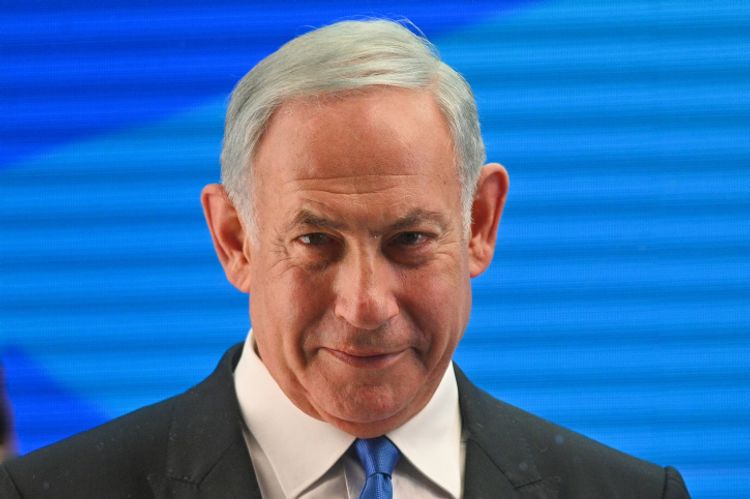The political parties are classified by number of mandates collected on average according to the polls.
Likud (31-32 terms)
National Liberal Party, founded in 1973 by Menachem Begin and Ariel Sharon. Chaired since 2005 – and from 1993 to 1999 by Benyamin Netanyahu. Since its creation, it has been one of the two most important parties in Israel. He advocates a liberal and capitalist economy, a merciless fight against terrorism and the development of Jewish settlements in Judea and Samaria. Its president and deputies are democratically elected in the primaries.
Yesh Atid (25-26 terms)
Secular centrist party founded in 2012 by Yaïr Lapid, when he was a famous journalist and writer. Party currently in power with 17 mandates. Advocates a liberal economy attached to social well-being as well as the separation between state and religion. Is in favor of separation with the Palestinians according to the principle of two states for two peoples, while keeping intact the settlement blocs in Judea and Samaria (Gush Etzion, Maale Adumim, Ariel).
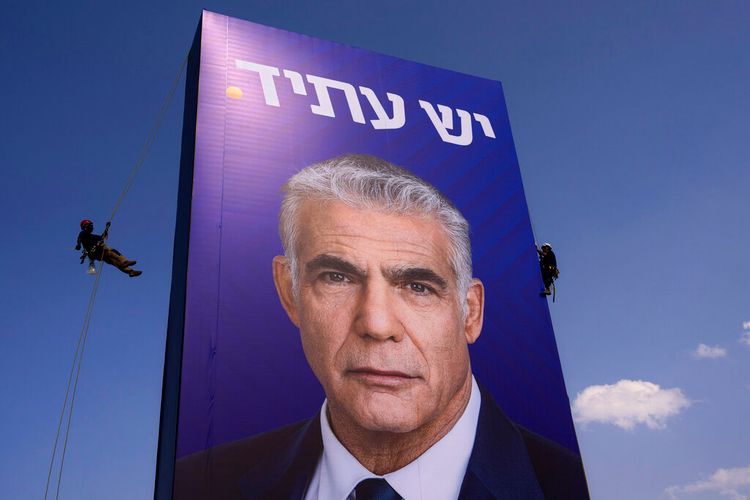
Religious Zionism (12-14 terms)
Party made up of an alliance between the National Union (Ohoud Leoumi) led by Betsalel Smotrich, the Jewish Force party led by Itamar Ben Gvir, and the Noam party. These are three nationalist-Zionist and religious formations which have formed a common list but which should split the day after the elections. It is the most popular formation on the political spectrum, in particular thanks to the main figure in this election: Itamar Ben Gvir, considered an ultra of the religious right, close in his youth to the racist rabbi Meir Kahana. Ben Gvir is running for the Ministry of Homeland Security.
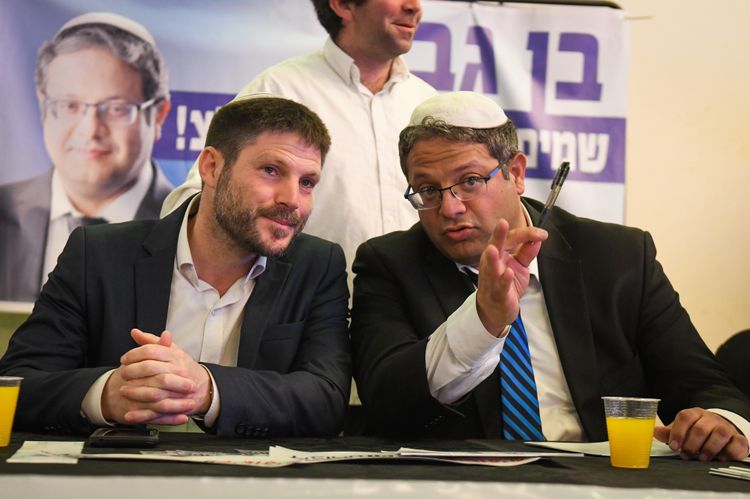
Union for the State (11-13 terms)
It is the reincarnation of the centrist Bleu Blanc party (founded by former Tsahal chief of staff Benny Gantz) to which has been added the moribund party of Gideon Saar, Minister of Justice, as well as a second leader of staff who also entered politics: Gadi Eizencot. Centrist party counting among its elected several former members of Likud (Sa’ar and Elkin). Benny Gantz, considers that he is the only one who can govern.
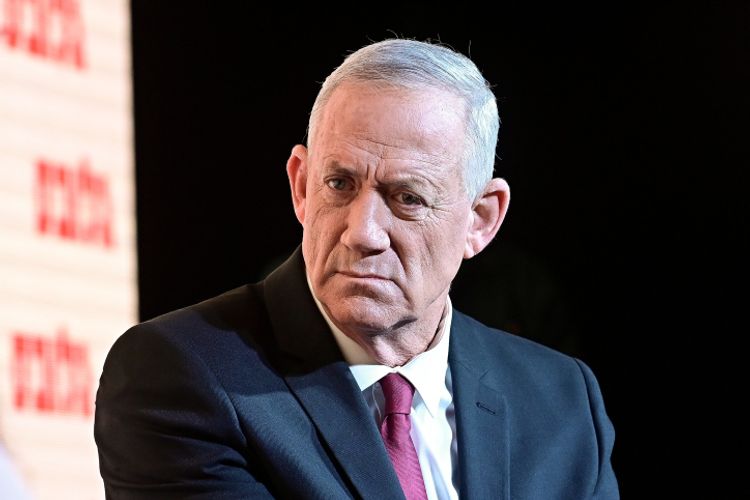
Shas (8 mandates):
This is the Sephardic Orthodox party, founded in 1982 by Chief Rabbi Ovadia Yossef and led in recent years by Arieh Deri. Created in order to “restore the greatness of Sephardic Judaism” and fight against the discrimination suffered by Eastern Israelis, Shas regularly presents itself as a social democratic formation. In the 1990s, the party sat in the Rabin government but abstained in the vote on the Oslo Accords. Today Shas is resolutely on the right, and unconditionally supports Netanyahu.
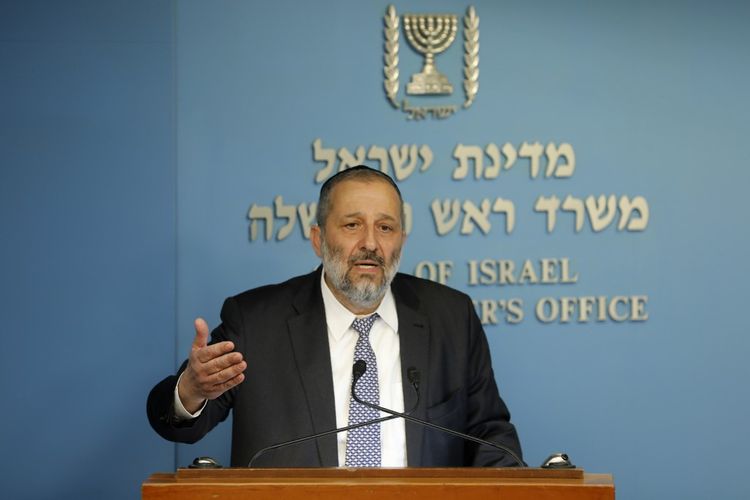
Torah Judaism (7 terms)
It is the result of a merger of two formations, Agoudat Israel and Deguel Hatorah, which represent the two major Ashkenazi Orthodox currents: the Hassidim and the Lithuanians. Training is very present in the social debate. Its electorate belongs to the underprivileged social strata. The party has slid to the right under Netanyahu’s influence, but pragmatic party chairman Moshe Gafni does not rule out an alliance with Benny Gantz should Netanyahu fail to form a majority coalition.
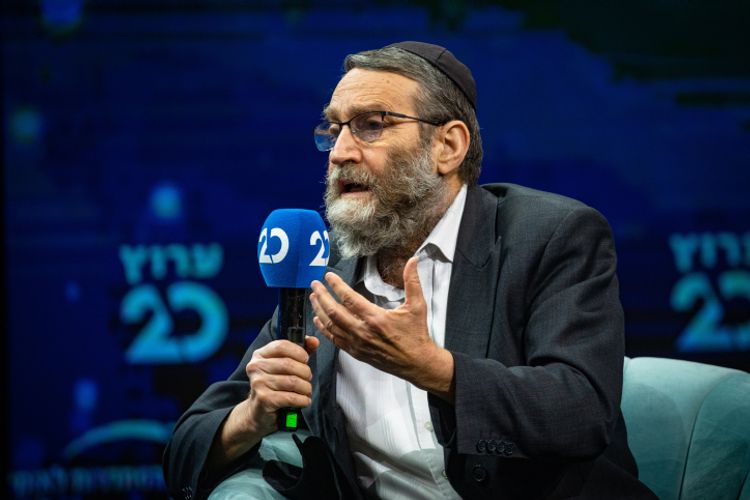
Israel Beitenu (5):
Russian-speaking, secular and liberal party, masterfully led by Avigdor Lieberman, current Minister of Finance. The party claims to belong to the traditional nationalist right but its leader rejects any presence in a Netanyahu government. He preaches in favor of the death penalty for terrorists and the establishment of a constitution. It is based on an electorate made up mainly of retirees from the countries of the former USSR.
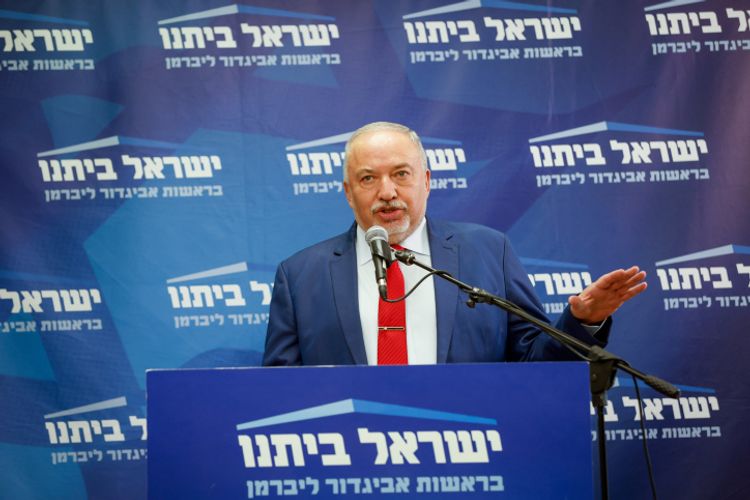
Labour Party (5 mandates)
The party that hegemonically dominated the Israeli class from 1948 to 1977 is now only a shadow of itself. After having been led by David Ben Gurion, Golda Meir and Itzhak Rabin, it suffered an acute crisis of leadership in the 1990s which was grafted onto the failure of the Olso process. His traditional electorate has slid towards Lapid’s centrist party. Now led by Merav Michaeli, current Minister of Transport, the party has raised the social banner in recent years and defended the rights of minorities, in particular those of the LGBT community.
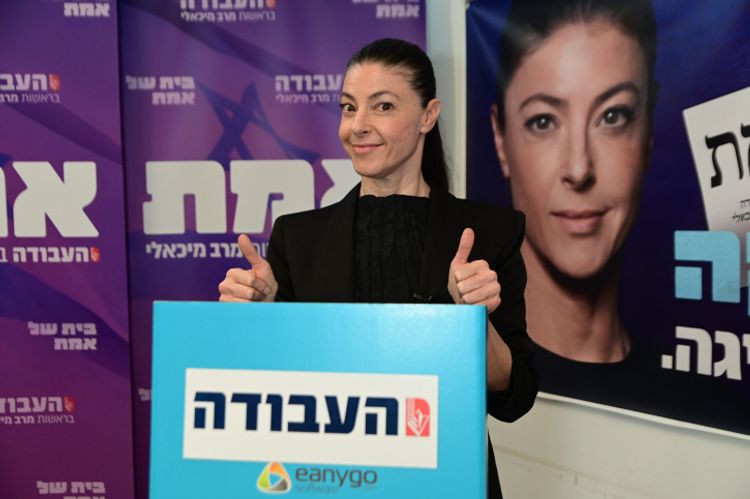
Meretz (5 mandates)
Party of the social democratic left, Meretz brandished at its creation in 1992, three flags: the peace process, social and human rights. He had then reached his record score: 12 terms in the Rabin government. Fervent partisan of the creation of a Palestinian State, and of a partition of Jerusalem, Meretz advocates the separation between religion and State, and registers as a fervent defender of feminism. Like the Labor Party, it has a strong Arab constituency. Its current president, Zahava Galon, was the founder of the pro-Palestinian NGO B’Tselem.
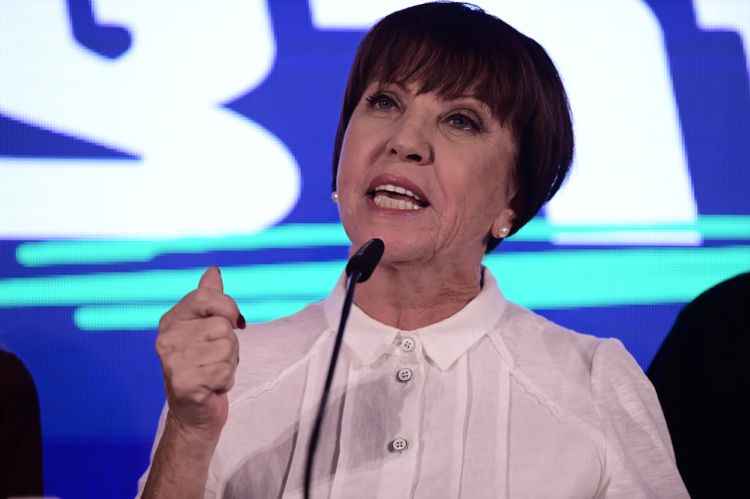
Hadash-Ta’al (4)
Hadash, led by Ayman Odeh, is the current reincarnation of the Israeli Communist Party. It is the Democratic Party for Equality and Peace, and it is home to Arab communists and ultra-radical leftists. A Jewish-Arab party, it still has a Jew among its representatives in the Knesset. “Taal”, the Arab party for renewal is led by Ahmed Tibi. He advocates peace and equality between Israel and the Palestinians.

Raam (4 terms)
The Israeli Islamist Party, Raam is actually the acrostic for Joint Arab List, but it is a party that split from the Arab List to run for the 24th Knesset last year. Its leader Mansour Abbas changed the situation by bringing his party into the current coalition, recognizing the Jewish character of the State of Israel and advocating the full integration of Israeli Arabs into society. Very present among the Bedouins of the Negev, it is the political representation of the Israeli Islamic movement-South Branch, the moderate branch (unlike the Northern Branch, which rejects the existence of Israel and refuses to vote).
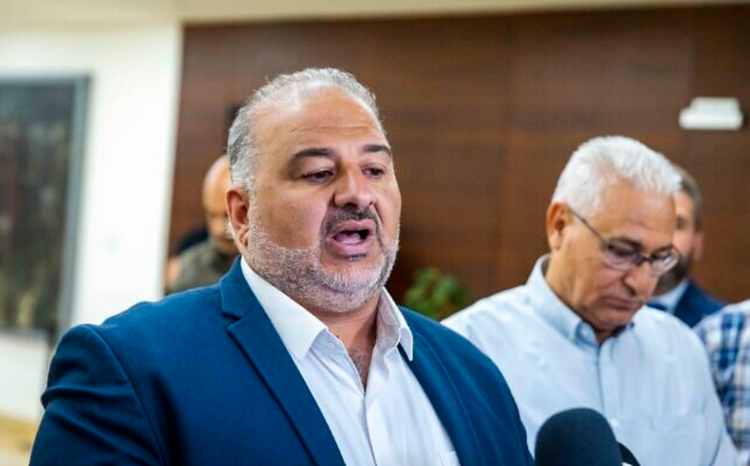
Left below the eligibility threshold
Jewish home (2% of votes)
This Zionist and right-wing religious party was the political reincarnation of the National Religious Party. It is headed by Ayelet Shaked who was Naftali Bennett’s loyal ally before she politically “divorced” him three months ago. Shaked intends to represent the moderate religious Zionist electorate who feel comfortable neither in Likud nor in the party of Smotrich-Ben Gvir. But none of the approximately 160 polls carried out during the election campaign pushed the party beyond the eligibility threshold. The Jewish Home advocates the maintenance of settlements in Judea and Samaria and the maintenance of the Jewish character of the State of Israel.
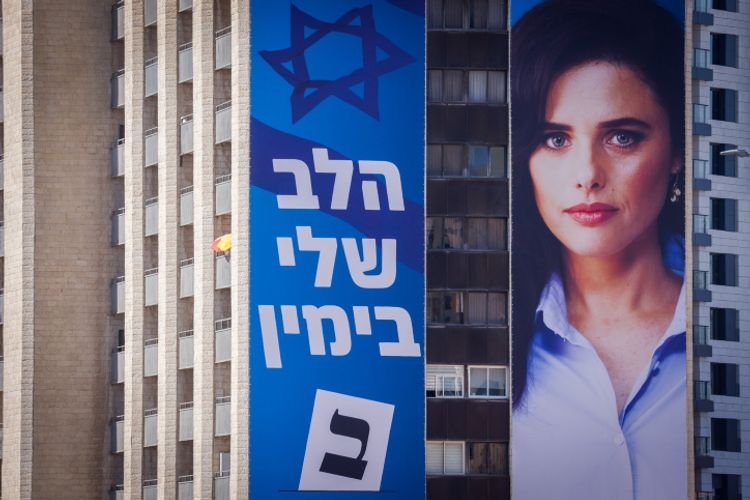
Balad (1.6% of the vote)
It is the National Democratic Alliance. It is an Arab ultra-nationalist party that is considered radical anti-Zionist and secular. It was founded in 1995 by Azmi Beshara, who had to flee Israel in 2006 after being suspected of collusion with Hezbollah in the midst of the second Lebanon war.
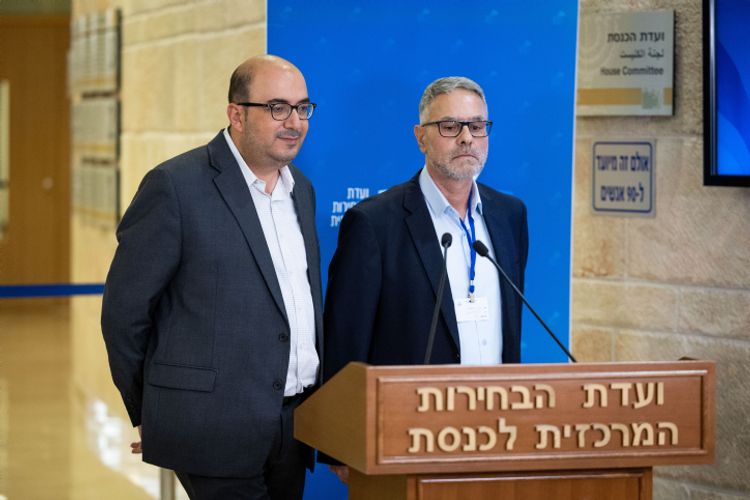
We want to thank the writer of this write-up for this remarkable web content
Israel: the main political parties in the running for the November 1 elections – I24NEWS
Visit our social media profiles and also other related pageshttps://nimblespirit.com/related-pages/

